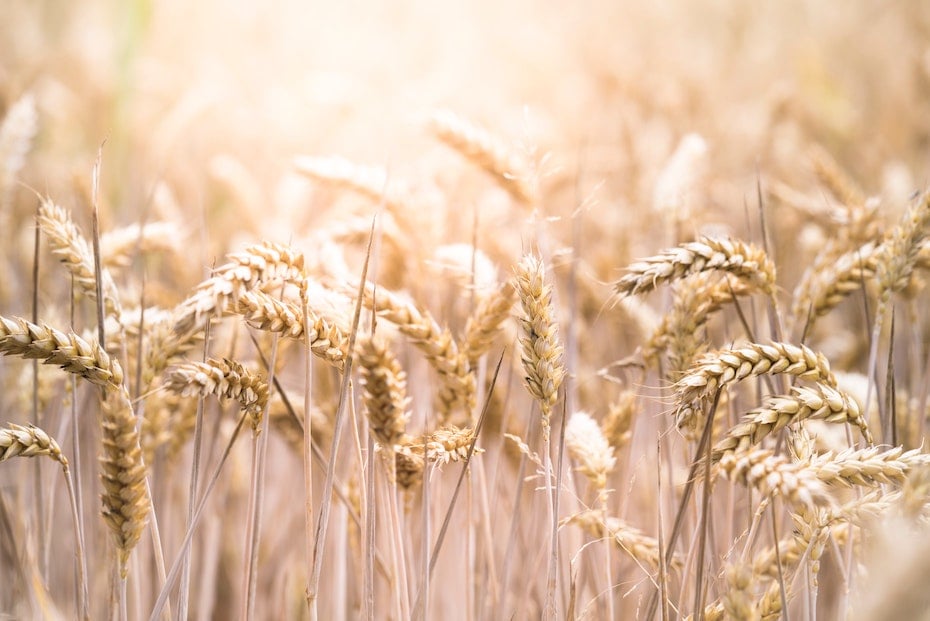BRICS Nations Forge Ahead with Innovative Grain Exchange Initiative
In a significant move aimed at revolutionizing the global agricultural trade, the BRICS group of nations have collectively endorsed a groundbreaking initiative to establish a grain exchange. This strategic development, announced by Russian Minister of Agriculture Oksana Lut on Friday, marks a pivotal step towards enhancing direct transactions between buyers and producers within this influential coalition.
The BRICS conglomerate, consisting of Brazil, Russia, India, China, and South Africa, alongside recently inducted members Egypt, UAE, Ethiopia, and Iran, is poised to host this transformative exchange. The initiative has garnered the enthusiastic backing of Russian President Vladimir Putin in anticipation of the upcoming BRICS summit scheduled to take place in Russia this October.
“We will work together with our colleagues on creation and development of this platform and the development of the possibility of settlements in national currencies of the BRICS countries,” Minister Lut revealed following a key assembly of BRICS agriculture ministers convened in Moscow.
BRICS: A Dominant Force in Global Agriculture
The BRICS consortium represents a formidable entity in the agricultural sector, commanding over 30 percent of global agricultural land, as reported by the Russian export center, Agroexport. This strategic bloc also accounts for more than 40 percent of the world’s cereal and meat production, as well as nearly 40 percent of dairy products and over 50 percent of global fish and seafood output.
“Last year, the association accounted for more than a third of Russia’s exports of agro-industrial products – that’s $15 billion,” Minister Lut underscored, highlighting the immense trade volume within the BRICS framework.
The establishment of the grain exchange is expected to streamline transactions, minimize intermediary costs, and facilitate settlements in the national currencies of the BRICS countries. This initiative is anticipated to not only bolster the agricultural economies of the member nations but also contribute to the overall stability and affordability of global food supplies.
A Response to Global Food Market Dynamics
This initiative arrives at a time of heightened volatility in global food markets, exacerbated by geopolitical tensions, pandemic-induced disruptions, and the looming threats of climate change. The move towards a BRICS-centric grain exchange underscores the group’s commitment to fostering resilience and self-sufficiency in food production and distribution.
By creating a direct purchasing platform for grains, the BRICS nations aim to bypass traditional market bottlenecks and reduce the impact of external shocks on their agricultural sectors. The exchange is set to play a critical role in stabilizing food prices and ensuring consistent supply chains, thereby benefiting consumers and producers alike.
Looking Ahead: The October Summit
As the BRICS summit approaches, the grain exchange initiative is likely to feature prominently in discussions, with member states expected to deliberate on its operational framework, integration mechanisms, and long-term strategic goals. The summit will serve as a platform for solidifying commitments and aligning the interests of the diverse member states towards a common agricultural and economic agenda.
In conclusion, the BRICS group’s endorsement of a grain exchange signals a transformative era in global agricultural trade, characterized by enhanced cooperation, economic resilience, and strengthened food security. As these nations gear up for the October summit, the world will be watching closely to see how this innovative initiative unfolds and reshapes the future of agriculture.
